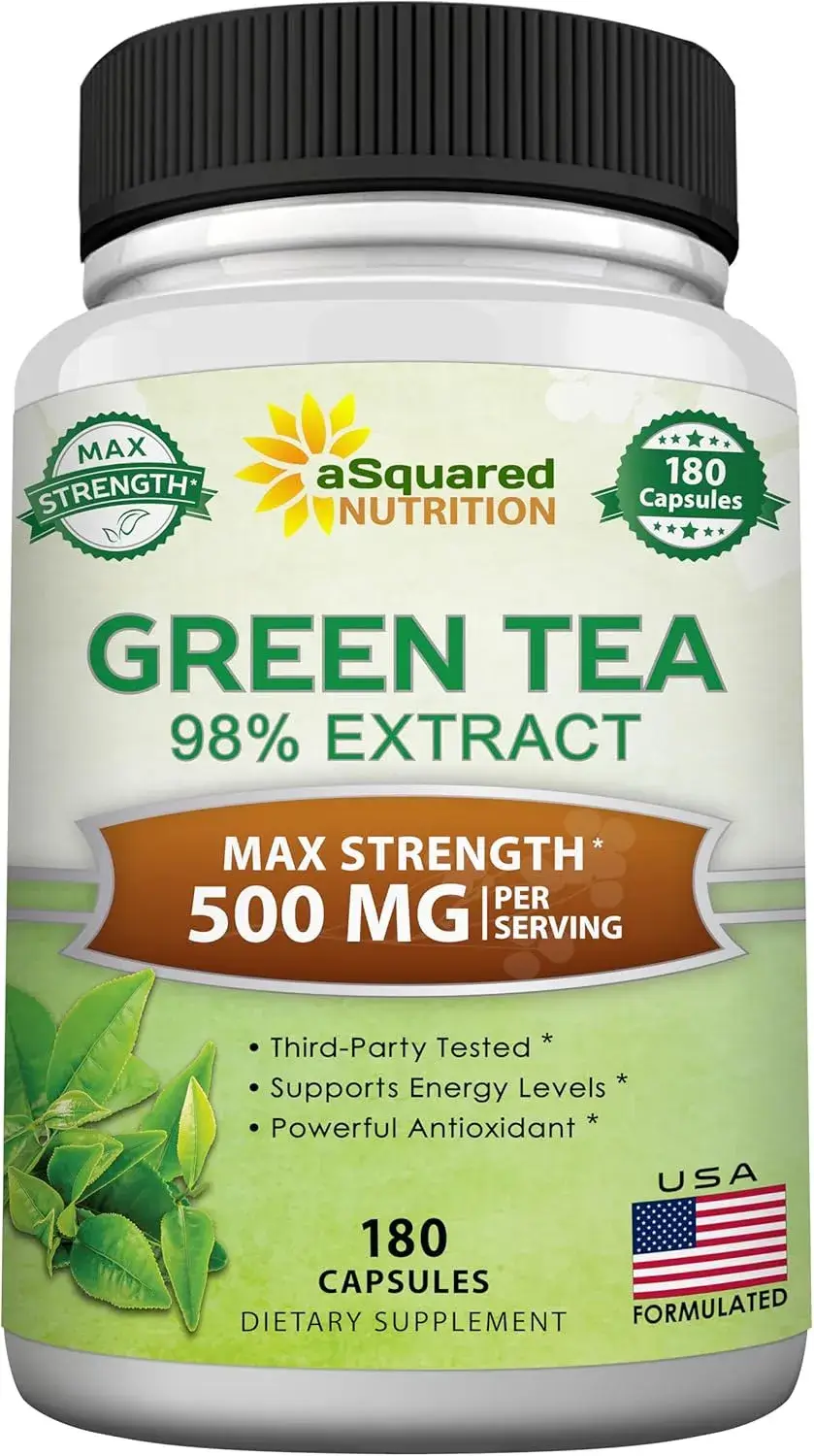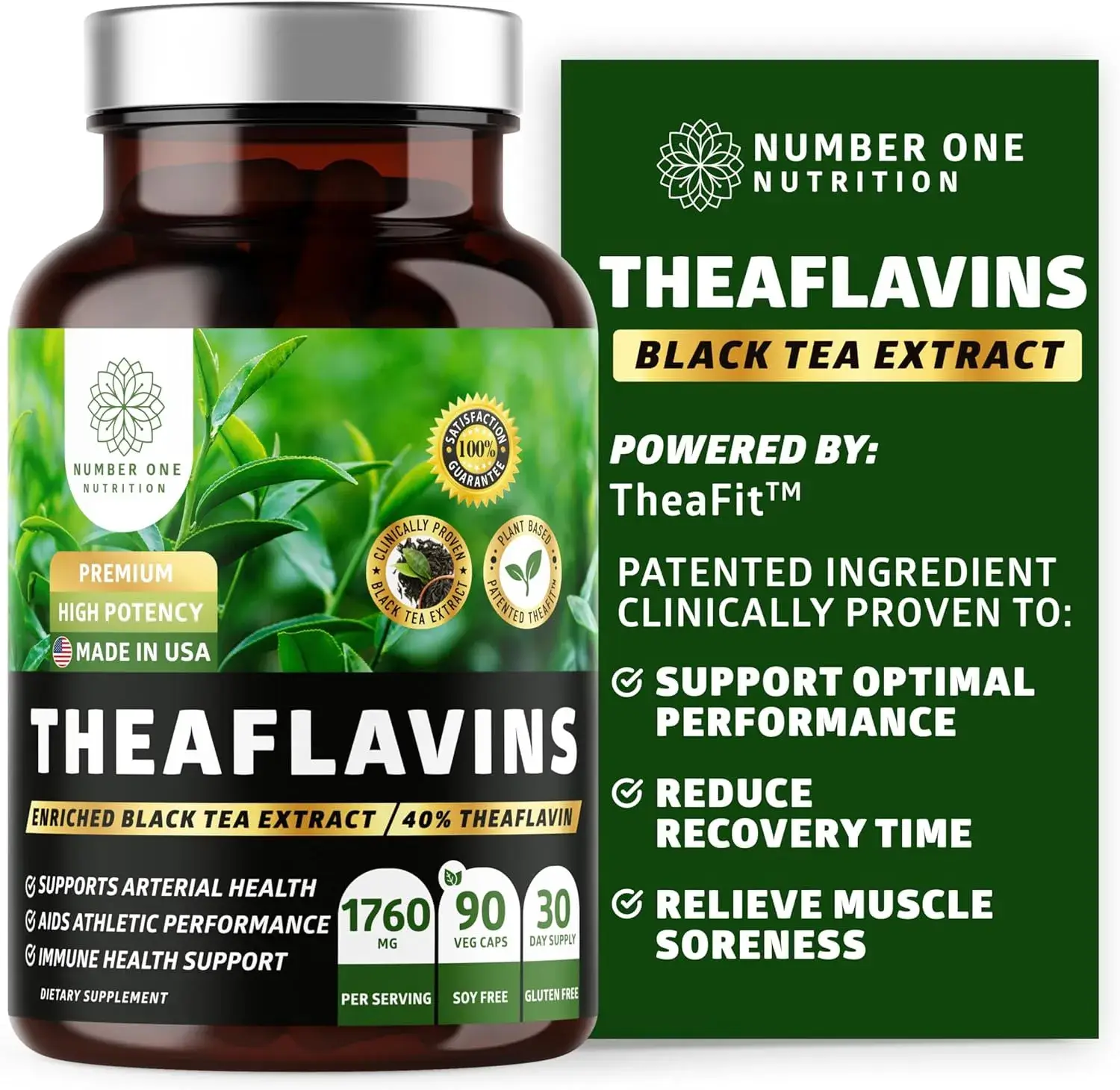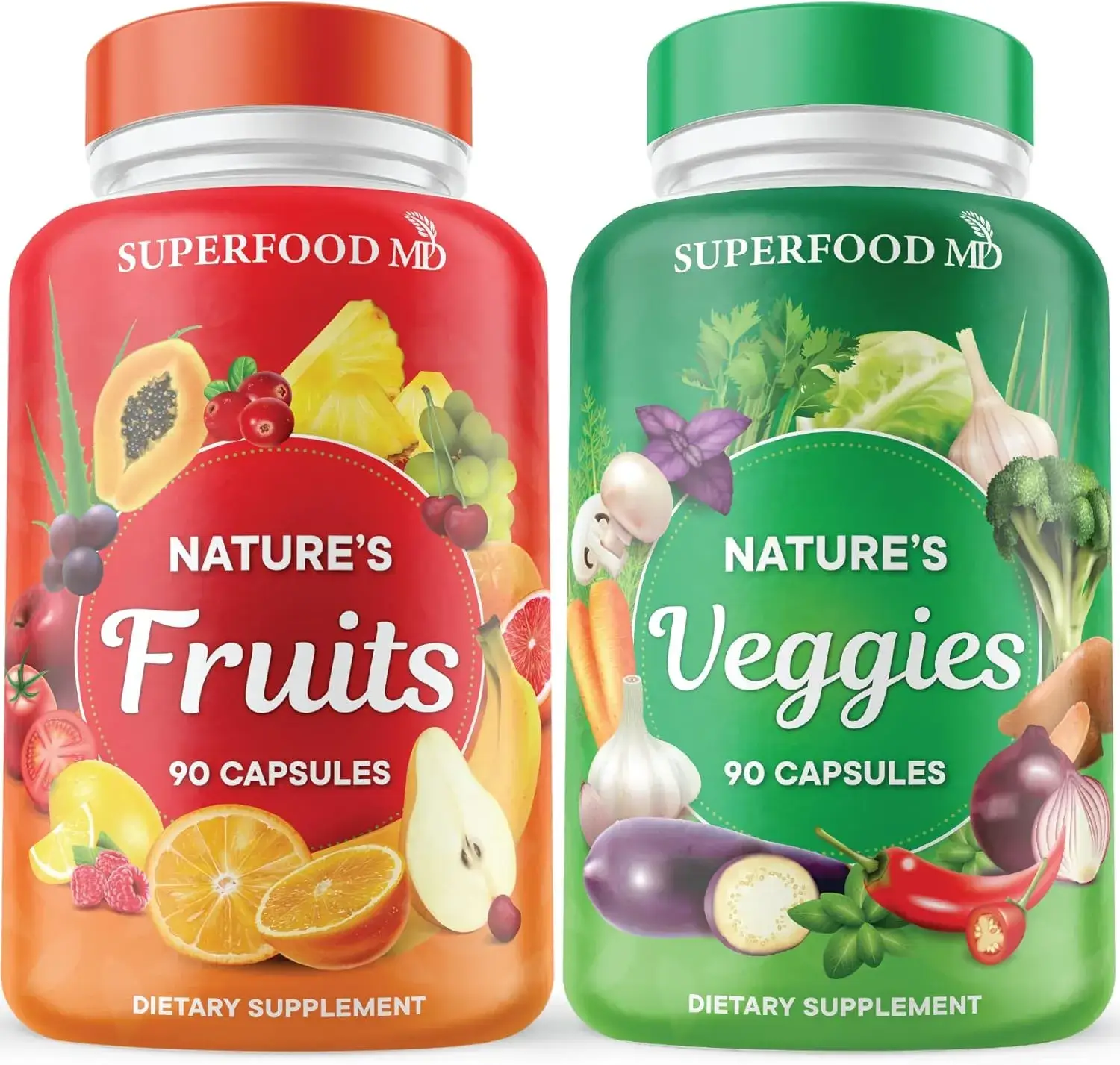Table of Contents
Are you searching for natural ways to support healthy blood pressure? Rooibos tea and blood pressure management have been linked in numerous scientific studies, showing promising results for cardiovascular health. According to research, drinking rooibos tea daily has been linked to lower blood pressure, improved cholesterol levels, and reduced risk of developing cardiovascular disease.
In fact, rooibos tea benefits extend beyond just blood pressure control. This caffeine-free beverage has been shown to enhance lipid profiles, boost antioxidant status, and lower blood glucose levels. Additionally, it may have beneficial effects on inflammation by preventing the growth of angiotensin converting enzymes (ACEs), which indirectly increases blood pressure by causing blood vessels to contract. A compelling 2011 study found that participants who drank six cups of rooibos tea daily for 6 weeks experienced significantly reduced “bad” cholesterol levels while increasing “good” cholesterol levels compared to the control group.
In this article, we’ll explore what science really says about rooibos tea and high blood pressure, examine the research behind these health claims, and help you understand if this South African brew might be a valuable addition to your heart-healthy lifestyle.
What is Rooibos Tea and Why It’s Gaining Attention
Rooibos tea, often called “red bush tea,” has been steadily climbing the ranks of popular health beverages worldwide. This distinctively reddish brew originates from a single location on our planet, yet its reputation has spread globally due to its unique properties and potential health benefits.
Origin and traditional use in South Africa
Rooibos (pronounced ROY-boss) exclusively grows in the Cederberg region of South Africa, a small mountainous area about 200 kilometers north of Cape Town. The indigenous Khoisan people first harvested this needle-like plant centuries ago, using it medicinally and as a beverage.
Historically, the Khoisan would climb mountains to cut the wild plants, carrying them down on donkeys before chopping and fermenting the tea through a process of “sweating” – bruising the leaves and leaving them to oxidize in the sun. Throughout generations, local South Africans have consumed rooibos tea for its soothing properties and to alleviate various health concerns.
Difference between red and green rooibos
The distinction between red and green rooibos lies primarily in their processing methods:
- Red rooibos undergoes fermentation (oxidation), which develops its characteristic reddish-brown color and sweet, nutty flavor profile. This traditional processing method enhances certain compounds while reducing others.
- Green rooibos, conversely, skips the oxidation process. The leaves are harvested and then immediately dried to prevent fermentation. This preservation method retains higher levels of antioxidants, particularly aspalathin, giving green rooibos a milder, grassier taste and lighter color.
Both varieties contain different polyphenol compositions, with green rooibos generally offering higher antioxidant content due to the minimal processing.
👉 Discover the Premium Rooibos Tea Proven to Support Wellness 👈
Is rooibos tea caffeinated or not?
One of rooibos tea’s most notable attributes is that it’s completely caffeine-free. Unlike traditional teas derived from the Camellia sinensis plant (such as black, green, or white tea), rooibos comes from the Aspalathus linearis plant, which naturally contains no caffeine.
This caffeine-free quality makes rooibos an excellent alternative for those seeking to reduce caffeine intake or who experience sensitivity to stimulants. Moreover, it allows for consumption at any time of day without concerns about sleep disruption or the jitters associated with caffeinated beverages.
How Rooibos Tea May Affect Blood Pressure

The compounds found in rooibos tea work through several mechanisms to potentially support healthy blood pressure. Research reveals multiple pathways through which this distinctive South African brew might benefit cardiovascular health.
Role of antioxidants in vascular health
Rooibos contains unique polyphenolic antioxidants, especially aspalathin and nothofagin, that protect blood vessels from oxidative damage. These compounds neutralize harmful free radicals that would otherwise cause cellular damage and inflammation in blood vessel walls.
Studies show that rooibos consumption significantly increases plasma total radical-trapping antioxidant potential (TRAP) by 4.8% after just 30 minutes, reaching a statistically significant increase of 6.6% after one hour. Furthermore, the tea enhances antioxidant enzyme activity and improves redox status in the body.
Research among individuals at risk for cardiovascular disease found that six weeks of daily rooibos consumption significantly increased total polyphenol levels by 11.8%. Consequently, this boosted reduced glutathione (tGSH) by 35.76% while decreasing oxidized glutathione by 30.53%, dramatically improving the GSH:GSSG ratio by 87.47%.
ACE inhibition and its impact on blood pressure
One crucial mechanism through which rooibos may lower blood pressure is by inhibiting angiotensin-converting enzyme (ACE). This enzyme causes blood vessels to constrict, thereby raising blood pressure.
Research published in Public Health Nutrition demonstrated that a single dose of rooibos tea significantly inhibited ACE activity after just 30 minutes (P < 0.01) and continued this inhibition after 60 minutes (P < 0.05). The effect appears particularly strong in certain genetic groups, with significant ACE inhibition observed in those with the ACE II genotype 60 minutes after intake.
Anti-inflammatory effects and cardiovascular support
Chronic inflammation contributes substantially to cardiovascular disease development. Rooibos tea contains bioactive compounds that exhibit marked anti-inflammatory properties.
Laboratory studies reveal that rooibos extract reduces the expression of pro-inflammatory genes like IL-8, TNFα, and IL-1β, while increasing anti-inflammatory IL-10 gene expression. This anti-inflammatory action helps protect against oxidative stress in heart tissue.
Recent research suggests rooibos may serve as a potential adjuvant therapy for left ventricular hypertrophy. In laboratory models, rooibos reduced cell size, improved antioxidant enzyme activity, and enhanced cellular respiration. These protective effects are attributed to rooibos’s potent antioxidant properties and its ability to mitigate mitochondrial dysfunction in heart cells.
👉 Taste the Ultimate Rooibos Tea Experience Loved by Thousands 👈
What the Research Says About Rooibos and Blood Pressure

Scientific investigations into rooibos tea and blood pressure have yielded promising results, although the evidence remains preliminary.
Findings from human studies
Several small-scale clinical trials have examined rooibos tea’s effects on cardiovascular health. Notably, a 2011 study published in the Journal of Ethnopharmacology discovered that rooibos tea acutely inhibited ACE activity in healthy volunteers, though it didn’t significantly reduce blood pressure in the short term.
In another significant trial, participants who consumed 6 cups of rooibos daily for 6 weeks showed a substantial 21% decrease in conjugated dienes, indicating reduced oxidative stress. Nevertheless, when tested over three months, rooibos supplementation didn’t significantly affect blood pressure levels despite increasing melatonin levels by 54.21%.
Animal studies and their implications
Laboratory research has shown more definitive results. Rat studies demonstrated a dose-dependent fall in arterial blood pressure under anesthesia. These effects appear to work primarily through potassium channel activation, providing a mechanistic explanation for rooibos tea’s potential antihypertensive properties.
Limitations of current research
Current evidence has substantial constraints:
- No human dose-response investigations exist to date
- Limited randomized controlled trials with small sample sizes
- Study durations ranging from just one day to three months
- Inconsistent preparation methods across studies
Recommended dosage from existing trials
The most consistent dosage showing cardiovascular benefits is six cups (200ml each) of rooibos tea daily, prepared with one tea bag per cup. Traditional preparation involves steeping for approximately 10 minutes.
Other Health Benefits That Support Heart Health

Beyond its direct effects on blood pressure, rooibos tea offers multiple cardiovascular benefits that collectively support heart health. These complementary advantages make it particularly valuable for those concerned about their cardiovascular wellbeing.
Cholesterol regulation
Rooibos tea stands out for its remarkable ability to improve cholesterol profiles. In a six-week study of adults at risk for cardiovascular disease, daily consumption of six cups of rooibos tea resulted in:
- Significantly reduced LDL (“bad”) cholesterol by 15.2%
- Significantly increased HDL (“good”) cholesterol by 33.3%
- Decreased serum triglycerides by 29.4%
Indeed, the cholesterol-regulating effects were confirmed in diabetic vervet monkeys, where an aspalathin-rich green rooibos extract reduced plasma LDL levels and total cholesterol after just two weeks of treatment.
Blood sugar control and diabetes management
Rooibos contains unique antioxidants that potentially improve glucose metabolism. Primarily, the antioxidant aspalathin shows promise in combating diabetes by suppressing vascular inflammation caused by high blood sugar levels.
Studies involving diabetic rodents demonstrated that certain rooibos polyphenols significantly reduced blood glucose levels. Subsequently, human research has shown that rooibos consumption can lower blood glucose levels at 2 hours and 6 hours post-ingestion by 22% and 18% respectively.
Weight management and metabolic support
Since rooibos tea contains zero calories when consumed plain, it serves as an excellent beverage choice for weight management. The tea increases leptin levels—a hormone that regulates appetite by signaling fullness to the brain.
Research indicates that rooibos inhibits the formation of new fat cells while enhancing fat metabolism. Furthermore, studies show that rooibos polyphenols aid in burning belly fat.
Is rooibos tea a diuretic?
Unlike caffeinated beverages that act as diuretics, rooibos tea supports hydration thanks to its caffeine-free nature. Nevertheless, it does possess mild diuretic properties that can be beneficial. Specifically, rooibos tea’s anti-inflammatory qualities make it a safe option for kidney stone patients by stimulating toxin excretion.
👉 Unlock Exclusive Health Benefits with Superior Rooibos Tea Today 👈
Conclusion: Is Rooibos Tea Really Effective for Blood Pressure?

The scientific evidence supporting rooibos tea as a natural blood pressure regulator certainly shows promise. Research highlights several mechanisms through which this South African brew might benefit cardiovascular health, primarily through its unique antioxidant profile, ACE inhibition properties, and anti-inflammatory effects. Nevertheless, we must acknowledge that many studies remain preliminary, with limited sample sizes and varying methodologies.
Rooibos offers additional heart-health advantages beyond potential blood pressure regulation. The impressive improvements in cholesterol profiles, with significant reductions in LDL cholesterol and increases in HDL cholesterol, make this caffeine-free beverage particularly valuable. Additionally, its positive effects on blood sugar control and weight management further strengthen its position as a heart-healthy drink option.
People seeking natural ways to support cardiovascular health might consider adding six cups of rooibos tea to their daily routine – the dosage most consistently associated with benefits in clinical trials. Though not a replacement for prescribed medications, rooibos can complement a heart-healthy lifestyle alongside proper diet and regular exercise.
Before making rooibos a regular part of your wellness routine, consulting with your healthcare provider remains essential, especially if you take prescription medications. Despite some limitations in current research, the accumulated evidence suggests rooibos tea offers a simple, enjoyable way to potentially support heart health while providing a delicious, caffeine-free alternative to traditional teas. Given its exceptional safety profile and numerous potential benefits, rooibos certainly deserves its growing reputation as a heart-friendly beverage.
Key Takeaways
Research shows rooibos tea may support cardiovascular health through multiple mechanisms, though more extensive human studies are needed to confirm its blood pressure-lowering effects.
• Rooibos tea inhibits ACE enzymes that constrict blood vessels, potentially lowering blood pressure within 30-60 minutes of consumption
• Daily consumption of 6 cups significantly improves cholesterol profiles, reducing LDL by 15% and increasing HDL by 33% in just 6 weeks
• The caffeine-free tea contains unique antioxidants like aspalathin that reduce inflammation and protect blood vessels from oxidative damage
• Studies show rooibos helps control blood sugar levels and supports weight management, both crucial for heart health
• While animal studies show promising blood pressure reductions, human trials remain limited with small sample sizes and short durations
Current research suggests 6 cups daily (200ml each, steeped 10 minutes) as the most effective dosage for cardiovascular benefits. However, rooibos should complement, not replace, prescribed medications and a heart-healthy lifestyle. Always consult your healthcare provider before adding rooibos as a regular wellness routine, especially if you take blood pressure medications.
FAQs
Q1. How quickly can rooibos tea affect blood pressure? Studies suggest that rooibos tea may start inhibiting angiotensin-converting enzymes (ACE) within 30 to 60 minutes after consumption. This ACE inhibition could potentially lead to blood pressure reduction, though more research is needed to confirm long-term effects.
Q2. Is it safe to drink rooibos tea every day? Generally, rooibos tea is considered safe for daily consumption as part of a balanced diet. It’s caffeine-free and rich in antioxidants. However, as with any dietary change, it’s best to consult with a healthcare provider, especially if you have existing health conditions.
Q3. How much rooibos tea should I drink for potential heart health benefits? Most studies showing cardiovascular benefits used a dosage of six cups (200ml each) of rooibos tea daily. This amount has been associated with improvements in cholesterol levels and antioxidant status in some research.
Q4. Can rooibos tea interact with blood pressure medications? Rooibos tea may interact with certain blood pressure medications, particularly ACE inhibitors, as it might have similar effects. It’s crucial to consult with your doctor before adding rooibos tea to your routine if you’re taking blood pressure medication.
Q5. What other health benefits does rooibos tea offer besides potential blood pressure support? Besides its potential effects on blood pressure, rooibos tea has been associated with improved cholesterol profiles, better blood sugar control, and weight management support. Its high antioxidant content may also contribute to overall cardiovascular health.













